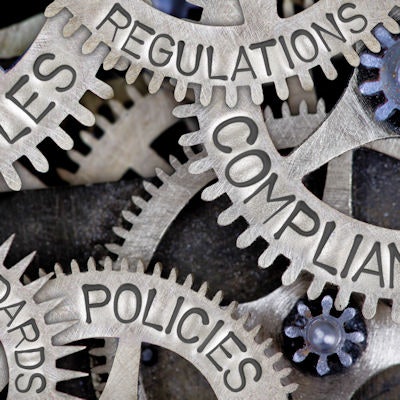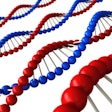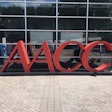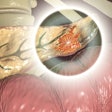
The U.S. Food and Drug Administration (FDA) is cracking down on requirements for commercial manufacturers of antibody tests for the novel coronavirus, with strict requirements for submitting products under the emergency use authorization (EUA) pathway and specific performance threshold criteria.
The FDA released on May 4 revised guidance on coronavirus tests on an emergency basis, as an update to a policy set in March, which had allowed test developers to market tests through notification of the agency without an EUA.
The agency explained in a statement that the key changes to its policy are the following:
- Commercial manufacturers will submit EUA requests, with their validation data, within 10 business days from the date they notified the FDA of their validation testing or from the date of this policy, whichever is later.
- The agency has provided specific performance threshold recommendations for specificity and sensitivity for all serology test developers.
The agency's guidance includes templates for EUA preparation and submission, as well as recommendations for testing to ensure analytical and clinical validity. All tests should be validated prior to use, because false results can negatively affect individual patients as well as society as a whole, the agency said. Ahead of getting an EUA, manufacturers should publish instructions on use, including a summary of assay performance, on their websites.
"FDA believes the policies set forth in this guidance will help address these urgent public health concerns by helping to expand the number and variety of tests, as well as available testing capabilities in reference and commercial laboratories and healthcare settings, while helping ensure these tests are accurate and reliable," the agency wrote in its guidance document.
Review focused on commercial companies
Laboratories pursuing an EUA for a laboratory-developed test (LDT) are being asked to notify the agency within 15 days about successful validation.
"If an EUA request is not submitted within this timeframe, the FDA intends to remove the laboratory from its website listing of laboratories that have notified FDA and may take additional actions as appropriate," the FDA stated.
The agency said, however, that for serology tests, while laboratories are encouraged to submit EUA requests, it doesn't object to the development and use by laboratories certified under CLIA to perform high-complexity testing where the test has been validated, notification is provided to the FDA, and information has been included in test reports.
"At this time, we believe it is most beneficial to focus our EUA review and authorization efforts on tests from commercial manufacturers, which have the potential to be distributed more broadly, rather than laboratory-developed serology tests that are not for diagnostic purposes, are being performed at one laboratory that is CLIA-certified to perform high-complexity testing, and that are validated in-house," according to the agency.
If there are concerns about a laboratory-developed serology test, the agency will communicate those concerns and will take action if they are not addressed in a timely manner.
An end to 'Wild West'?
The possibility of getting an "immunity passport" is clearly enticing but fraught with risk for error and false reassurance.
The American Association for Clinical Chemistry (AACC) is among the organizations and experts that have been speaking out about commercial serology tests and calling for more oversight by the FDA. An article in the AACC journal Clinical Chemistry noted that more than 100 companies had notified the agency of plans to offer a serology test, but few had secured an EUA. The situation with serology has been described as a kind of Wild West of testing.
Requiring commercial manufacturers of serologic tests for the novel coronavirus to submit an EUA for FDA review is a level of oversight that is welcome news, commented David Grenache, PhD, chief scientific officer at TriCore Reference Laboratories and president-elect of the AACC.
"I'm pleased to see this modification to their guidance on this important issue," Grenache commented by email to LabPulse.com. "A review of the manufacturer's data by the FDA gives some assurance to clinical lab professionals that tests with poor accuracy will not continue to be utilized."
Scott Becker, CEO of the Association of Public Health Laboratories (APHL), said that the agency made the right decision by "walking back its policy" on serology testing for the novel coronavirus and that the revised guidance brings quality and transparency back into the picture.
"We've long been concerned that allowing tests on the market that have not been approved and authorized for use is a recipe for disaster," Becker said in a statement from the APHL. "This revised policy makes a lot of sense and should have been in place over the last six weeks."


















